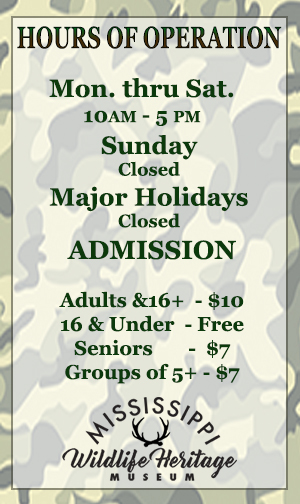TOO WET TO FISH!
During our annual Brownspur spring Swimming Hole cleaning project, one of our usual co-workers opted out for the day, saying that he was going fishing with a friend. Since he is an accomplished fisherman, in addition to being a college engine-ear, we excused him enthusiastically, envisioning a fish-fry when we finished work that evening, knowing that Namby would return with full stringers and feed us bountifully.
Our efforts were interrupted after lunch by several hard showers. One might not think a shower would bother anyone in a Swimming Hole, but the cleaning-out stage involves pumping out the winter accumulation of water, minnows, tadpoles, crawdads, a snake or two, a few legless salamanders, couple of snapping turtles, and assorted other critters and trash you don’t care to swim with. When it showered, the pump would quit. Of course, the uninitiated might say, “Well, hold a tarp over the motor,” but standing beside a pond next to an 80-foot-tall cypress tree while lightning strikes around you is not recommended by the best authorities. Perhaps our absent engine-ear could have figured out a way to put up lightning rods, but the rest of us just retreated until it quit raining and waited until the motor dried out to try again.
When the mosquitoes came out in force at dusk, we went inside, leaving the Swimming Hole mostly pumped out, and chlorining the water left in the bottom to eliminate what critters that still survived. We could almost taste the fresh bass Namby would have for our supper, some char-broiled, some beer-battered and fried.
Sardines were as close as we came to a bass supper that night. Our engine-ear had returned bass-less and clean. “It was too wet to fish,” he explained, plugging in a movie.
Too wet to fish?
Lordee, some of the best luck I’ve ever had fishing was just before, during, and just after a shower! Dude and I tore up the bass on the Alligator Hole one evening toward the end of a six-inch rain. Filled up both stringers, and didn’t string a fish less than three pounds. Gary Dye and I got next to nekkid one morning on Christmas Tree Lake when it was raining hard, but the bass were on a feeding frenzy. We had so many big fish that he introduced me to “bass eyes” that night for supper, also known as “Arkansas lobster.” Using a sharp knife, he cut out a double-thumb-size piece of meat from right underneath the fish’s eye; I guess maybe “bass cheeks” would be a better description. He had a deep pot of lightly salted water boiling, and would stir those pieces into the pot, more or less poaching them. Drained and dipped in melted butter, they tasted better than lobster!
I’ve got an eight-pound plus bass on the wall that brother Beau netted for me one rainy morning, just as the Who Dat lure pulled out. Wind was blowing so hard the lake was white-capping, and raindrops stung like hailstones. Cal Ibele and I stayed out in the rain one morning on Chandelier Island and loaded the boat with speckled trout, when all the other skiffs had run for the cover of Uncle Tullier’s (“Too-yay”) boat, the “Captain Pete.” Now, I will admit to sitting with Dude on the porch of Guy Sharp’s cabin at Honey Island when it was raining so hard that our “Big O” lures floated well before they ever got down to the surface of the lake. In addition, the lightning was truly spectacular, which discouraged us from sitting on an open lake in a metal john boat. However, in our defense, we were able to troll from the truck, as the road went under water almost before we could pack up and get out of there. Didn’t catch anything, though.
Too wet to fish? We gave our resident engine-ear so much grief that the movie was forgotten. How could it be too wet to fish, if it hadn’t gotten to the point where his lure floated on each cast before it could get to the lake surface?
Turned out that what Namby actually meant to say was, that the turnrow they had to drive down to put their boat in the lake was too muddy to drive on. We could appreciate that, because we’d all had experience with folks driving down our own turnrows and cutting them up when they were too wet. However, one would think that an engine-ear would be more specific, considering the profession. I mean, when he’s designing a future bridge, is he going to say, “pour a little concrete in that hole, chunk some metal and wire in it while it’s wet, and prop some big long timbers on it when it’s dry.” Surely not!
However, seems like I recall that we crashed a billion-buck Mars spacecraft a couple of years ago because some of the engine-ears got confused between metric and American measurements, right? Maybe, in some circles, it was too wet to fish that day!

